The Fed has signaled that it will slow down the pace of interest rate cuts next year. This will not only impact the stock market in the short term, but also the capital flow trends and pressure on exchange rates that need to be assessed in a 'long-term' way.

Stock market unlikely to increase at year-end - Photo: QUANG DINH
Fed lowers interest rates stocks fall again?
* Mr. Tran Duc Anh - Director of Macro and Market Strategy, KB Securities Vietnam (KBSV):
- The Fed's interest rate cut was within market expectations and no longer has much impact. What investors are interested in is the roadmap for next year. The Fed's recent message is that it will be more cautious in cutting interest rates.
This message caused stocks to fall sharply and US bond yields and USD to rise. Vietnam's exchange rate was tense. On December 18, the exchange rate exceeded the selling threshold, forcing the State Bank to sell USD.
There are many reasons for the increase in exchange rates over the past two months. Among them is the fear that the Fed will be more cautious in lowering interest rates, and indeed that has just happened.

Mr. Tran Duc Anh
There is also the difference in interest rates. Overnight interest rates in Vietnam are over 3%, while the corresponding overnight interest rates in the US are around 4.5%. This difference has triggered USD-VND speculation.
Another reason: the supply of foreign currency is not as high as expected. Businesses do not want to sell USD because they are worried about exchange rate fluctuations. If the USD index continues to rise to 108 points, the exchange rate will be tense.
When foreign net selling pressure is large, the year-end market will find it difficult to conquer the 1,300 point threshold.
However, in the medium and long term, the stock market still has potential as profits of listed enterprises are forecast to continue to recover and grow strongly.
Rising USD puts pressure on exchange rate
* Mr. Tran Truong Manh Hieu - Head of Strategy Analysis Department, KIS Vietnam Securities:
- The Fed's "more cautious" interest rate cut roadmap next year has caused strong fluctuations in global financial markets.

Mr. Tran Truong Manh Hieu
When Mr. Trump was elected, analysts were concerned about this trend. Some of the policies that could be implemented during Mr. Trump's term would increase the budget deficit.
The US will need to issue more government bonds, so yields are likely to remain high.
When US government bond yields are high, the Fed's cautious monetary policy can also increase the attractiveness of the USD compared to other currencies, including VND.
This will directly impact exchange rates and international capital flows.
In fact, right after the Fed signaled, the USD immediately increased sharply to a 24-month peak, causing tension in the domestic exchange rate.
Regarding the trading trend of the new week, with the Christmas holiday effect, the domestic stock market will generally not be too bustling in terms of liquidity, and is also unlikely to fluctuate strongly.
Foreign indirect investment (FII) capital withdrawal strongest in 2 years
* Mr. Doan Minh Tuan - Head of Analysis Department of FIDT:
- With forecasts that USD interest rates will remain higher than expected in 2025, the yield on 10-year US government bonds has increased to 4.5%, far exceeding the previous stable level.
The increase reflects strong pressure on the USD, as the DXY index maintained high levels around 107 - 108 points, measuring at the highest risk level.
According to the latest data, the State Bank of Vietnam sold nearly 2 billion USD in just 2 days last week to control the pressure on the VND/USD exchange rate. This large-scale net selling action also raises many questions about the State Bank of Vietnam's foreign exchange reserve position in the short term.

Mr. Doan Minh Tuan
We assess that this move is not only to respond to immediate exchange rate pressure but also reflects the need to balance USD liquidity in the context of the strongest net withdrawal of foreign indirect investment (FII) in the past 2 years.
Besides, the pressure to restructure year-end loans in the stock market and the need for high liquidity from the real economy due to seasonality (Tet season) also increased significantly.
This week, VN-Index continued to fluctuate and accumulate with low liquidity within a narrow range of 1,260 - 1,270 points, waiting for key developments from important global events such as the Fed's decision and US inflation data.
The Fed's scenario of a very negative interest rate forecast (for the financial market) has changed investment conditions greatly. On the one hand, the peak exchange rate pressure has made the cash flow psychology in the market significantly more negative, while strong selling pressure from foreign investors still exists.
On the other hand, the unexpected return of exchange rate risks along with strong capital withdrawals at the end of the year is expected to tighten cash flow in the market even more in the next two weeks.
Source: https://tuoitre.vn/thong-diep-tu-ben-kia-ban-cau-khien-ti-gia-tang-chung-khoan-viet-can-luu-y-gi-20241223090504868.htm


![[Photo] General Secretary To Lam receives King Philippe of Belgium](https://vstatic.vietnam.vn/vietnam/resource/IMAGE/2025/4/1/e5963137a0c9428dabb93bdb34b86d7c)
![[Photo] Prime Minister Pham Minh Chinh meets with King Philippe of Belgium](https://vstatic.vietnam.vn/vietnam/resource/IMAGE/2025/4/1/be2f9ad3b17843b9b8f8dee6f2d227e7)


![[Photo] Close-up of Vietnam's sniffer dog team searching for earthquake victims in Myanmar](https://vstatic.vietnam.vn/vietnam/resource/IMAGE/2025/4/1/d4949a0510ba40af93a15359b5450df2)
![[Photo] President Luong Cuong and King Philippe of Belgium visit Thang Long Imperial Citadel](https://vstatic.vietnam.vn/vietnam/resource/IMAGE/2025/4/1/cb080a6652f84a1291edc3d2ee50f631)


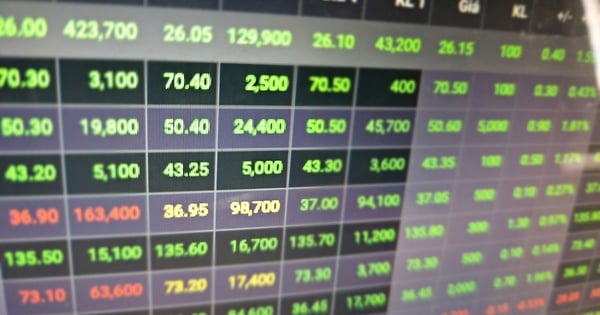



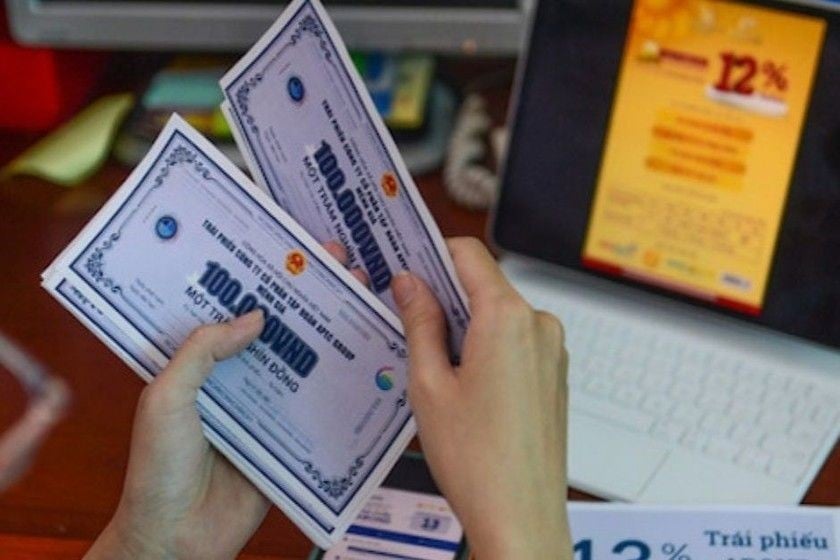

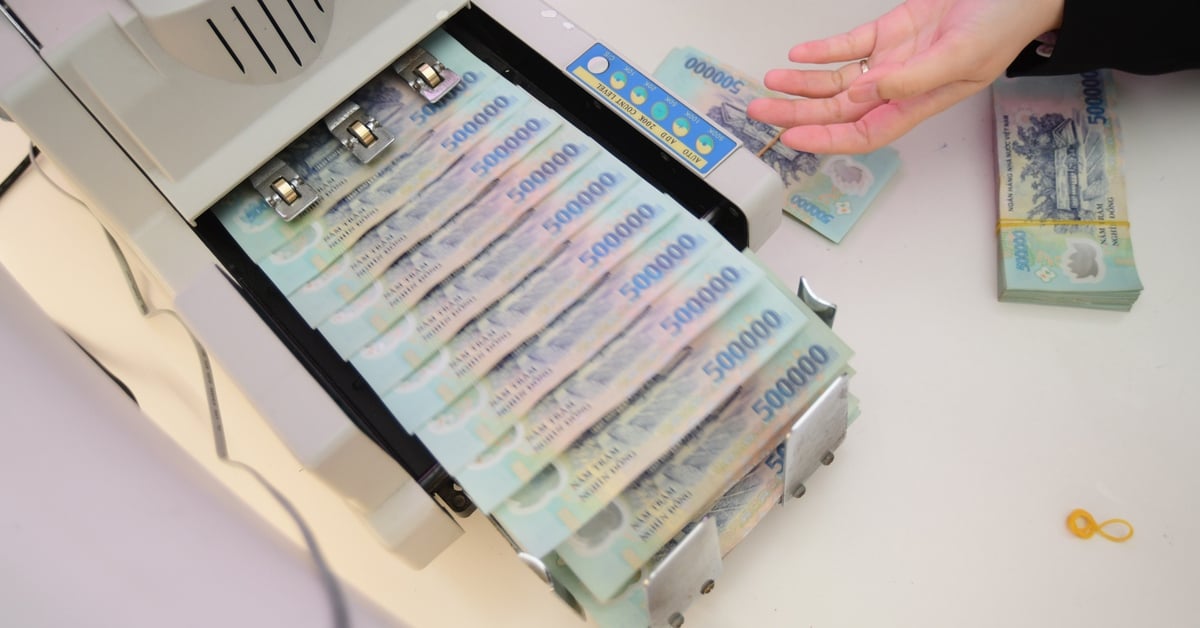


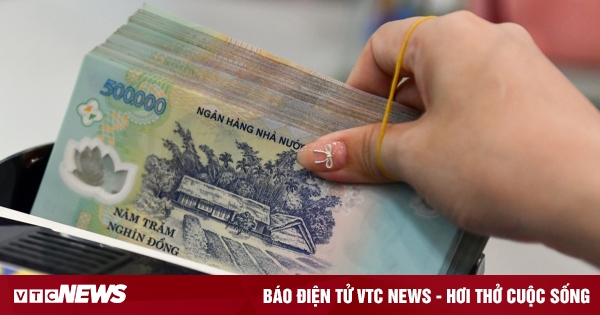
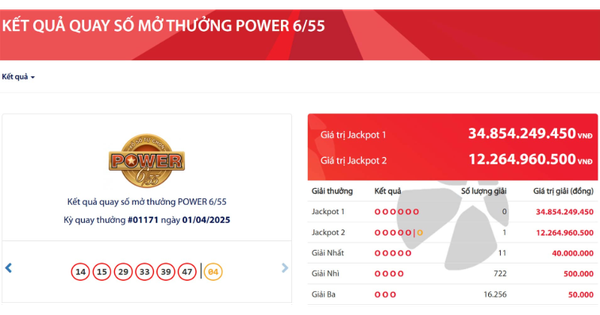
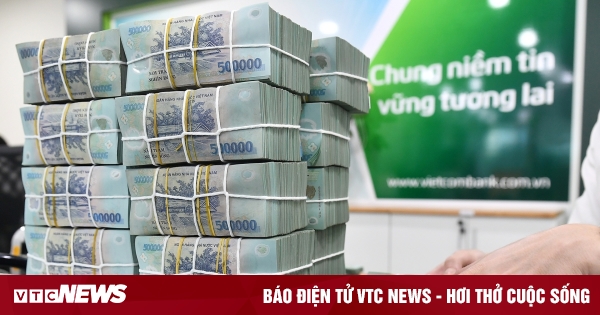









![[Photo] Myanmar's capital in disarray after the great earthquake](https://vstatic.vietnam.vn/vietnam/resource/IMAGE/2025/4/1/7719e43b61ba40f3ac17f5c3c1f03720)































































Comment (0)